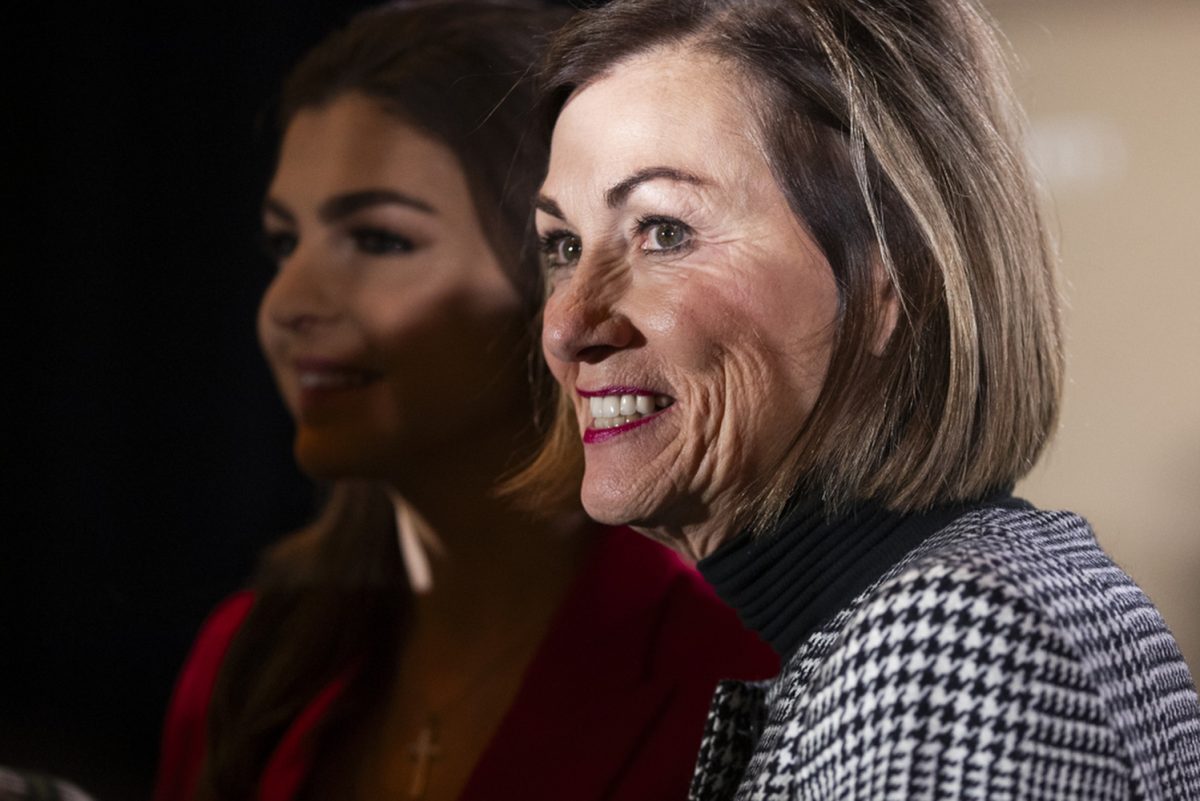Reynolds is bold.
Iowa Gov. Kim Reynolds signed a bill on April 3 that would repeal the requirements stipulating that Iowa’s Boards and Commissions hire an equal number of men and women.
The state’s 180 boards and commissions across the state analyze specific policies and issues and advise the governor on what to do. Reynolds’ decision may end up being an excellent one since it favors qualified citizens rather than selection based on gender.
Since 1987, the Iowa Boards and Commissions have followed a rule stating that there must be an equal amount of men and women serving. It’s referred to as a “gender balance” requirement because it supports the idea that an equal number of men and women should serve and inform the governor of various problems and possibilities most important to Iowans.
According to Iowa Public Radio, Democrats oppose the governor’s repealing of the requirement because they believe it enables the discrimination of women in politics. While that issue is critical and deserves its attention, appointing the most qualified people in charge regardless of gender is more consequential. It’s precisely Reynold’s justification for opposing the requirement.
According to Reynolds herself, as quoted by Iowa Capital Dispatch, “I opposed it at that time because I felt that it was unnecessary. And I believed then, as I still do now, that our focus should always be on appointing the most qualified people.”
Reynolds is absolutely correct in that gender doesn’t determine the effectiveness or quality of a particular politician. It would not benefit Iowa to have multiple unqualified men and women serving the needs of the state. While having more inclusivity in politics would be immaculate, that doesn’t justify putting underqualified people in command.
A common counterargument against Reynolds’ opposition to this requirement is the concern that women wouldn’t be able to participate more in politics.
The truth is, because politicians can directly affect the lives of thousands of people, gender should not be a factor in choosing a citizen to serve the state because it leaves a massive risk of appointing an underqualified person in charge.
According to Iowa Capital Dispatch, Iowa Sen. Chris Cournoyer, R-LeClaire, endorsed Reynolds’ decision because “she is confident that qualified women will continue to be a part of these government panels, regardless of gender requirements.”
Another issue with the gender balance requirement is that oftentimes it could appear to function as a quota rather than a proper application. Some politicians and lawmakers may end up getting their respective positions solely to meet a gender quota, rather than actual qualifications for the job.
This reason alone is why several female Republican lawmakers have come out publicly to voice their opinions. As previously reported by The Daily Iowan, Iowa Sen. Annette Sweeney, R-Buckeye, said in a floor debate on Feb. 20 that “when it comes to boards and commissions, I don’t want it to look like we have to fill a quota. What we need to do is make sure we pick the best person for those positions that need to be filled.”
By eliminating this requirement, Reynolds has ensured that Iowa will have qualified people managing the state. This is also a good opportunity for women since female politicians will be encouraged if viewed as being legitimately qualified for their position, rather than simply selected based on gender.
In the end, what matters most isn’t the gender of the politicians in charge, but their qualifications. Iowa should favor quality, not quantity.



